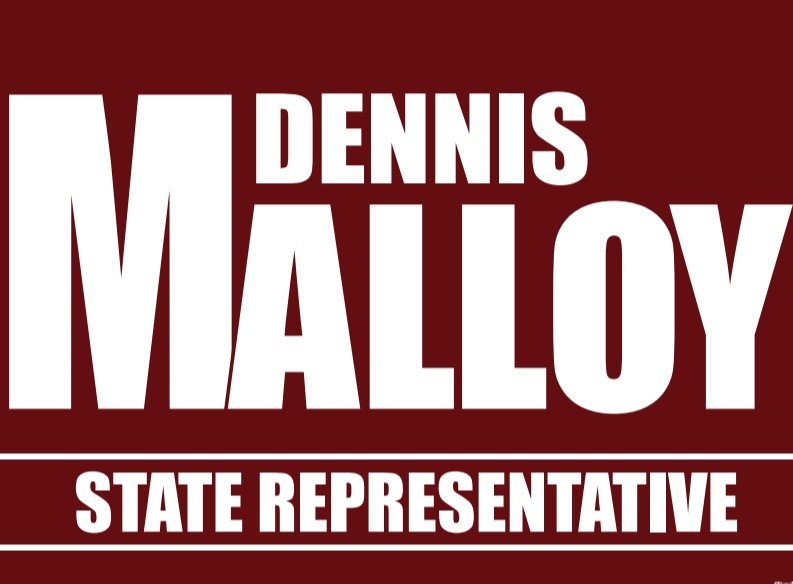Charitable gaming in New Hampshire is on the rise and the biggest driver of revenue has been historic horse racing (HHR), who some claim operate just like slot machines, which are illegal in NH. Since allowing HHR in 2021 revenue has grown from $25 million in one year to $80 million between July 2022 and September 2023.
Proceeds from HHR include 75% to the gaming operators, 16.25% to the state and the participating non-profits—typically two a day at each casino—share the remaining 8.75% daily percentage.
Table games, pay 35% of the post-prize take to charity, 10% to NH’s education trust fund and 55% to gaming hall operators,
There are large upfront and maintenance costs to gaming outlets that run these slot-machine look-alike machines so the 75% they keep may or may not be out of line. Thousands of machines now exist in NH and 1,500 more will come on-line soon.
This year the legislature created a Charitable Gaming Commission to study the dramatic increase in revenue and determine if NH should license any more HHR establishments. A report is scheduled to be released by the end of 2023.
New Hampshire has temporarily halted applications for new HHR operators so that isn’t one of the questions that will consume a lot of time for the commission. A major focus will be on how more charities or qualifying non-profits can benefit from this windfall. Right now, there are no guidelines for determining how non-profits are picked. This leaves many of them out of contention for between the $25,000 to $30,000 that may be received over a two-day period. My concern is that some charities with budgets in the tens of millions of dollars seem to find a way to get a few extra dollars while smaller charities of between $500,000 to $1,000,000 go without. Twenty-five thousand dollars goes a lot farther in a small non-profit organization than it does in one operating tens of millions of dollars.
There are myriad concerns that the commission will address in addition to the above, not the least of which is what new societal problems is expanded gaming likely to create.
Gambling is a recreational activity, and one needs to be able to control this hobby. I’m not opposed to gambling, but I want to see the industry become more sensitive to the needs of all non-profits and not the ones they cherry pick.
